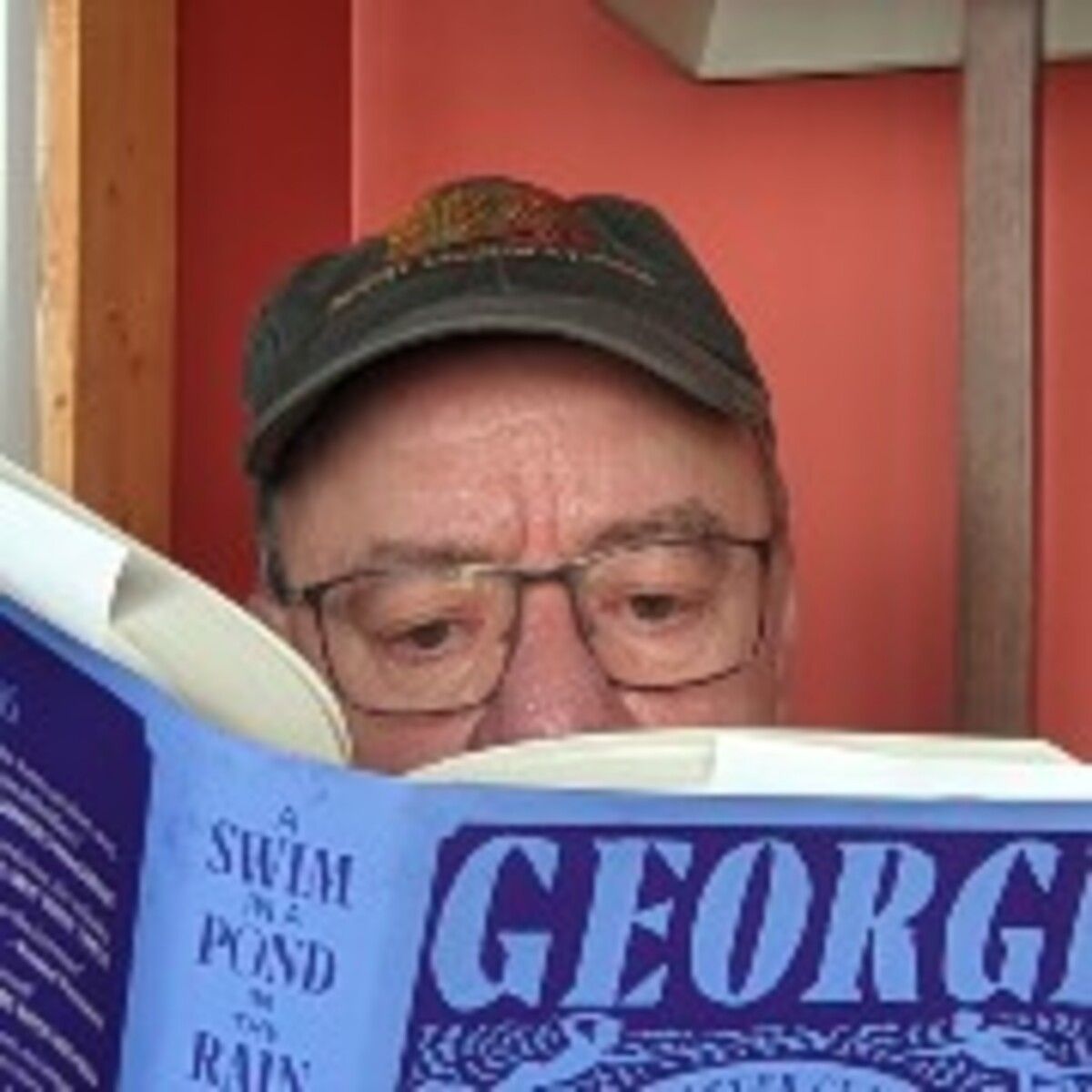
Novelist as a Vocation is a collection of essays by the Japanese writer Haruki Murakami. The essays offer a window into his way of thinking about novels and how he goes about crafting one. He shares the story of how he became a novelist and tells us about his creative process.
Altogether there are eleven essays in this short book. Murakami tells us in the Foreword that the first essays were originally written without a thought to publish them. He envisioned them as speeches he might give “in a small hall to maybe thirty or forty people.” Later, the first six were serialized in Monkey Business, a Japanese literary magazine. The remaining five are newly published in this book.
Novelist as a Vocation was first published in Japan in 2015. The English translation by Philip Gabriel and Ted Goossen was published last year.
The book is more memoir than how-to guide. The reflections and anecdotes sprinkled through the essays reveal Murakami’s personality and philosophy. Some of the stories he tells about his early years and how he became a writer were also discussed in his 2007 book What I Talk About When I Talk About Running, which I reviewed here.
Murakami decided to write his first novel while watching a baseball game at the age of 29. He developed his style of writing with that first book, by writing first in English and then translating back to Japanese, a process that he says forced him to simplify and streamline his prose. He writes about his daily routine when writing, his reading habits, his love of music, his travels, and his encounters with other writers and artists. He discusses the challenges and joys of writing novels, such as finding the right voice, creating characters, developing plots, and dealing with criticism.
In On Writing: A Memoir of the Craft Stephen King takes a similar approach to Murakami, with a book that’s more memoir than how-to. But where King spends some part of his book on the mechanics of writing, Murakami focuses more on process.
Some of the process he describes matches up with King’s description of his own process. Murakami treats his writing like work. When working on a novel, he sets himself a goal of writing 10 manuscript pages, or 1600 words a day. He writes the first draft without editing himself, letting the writing take him where it takes him. Then, when he feels he has the story down on paper, he begins the rewrites. He may rewrite several times before he has a draft he feels is ready to share with his wife - his first reader. Taking her input, he will rewrite sections of the book. Only then is it ready to be sent off to his editor.
This is a book that explores Murakami’s passion and curiosity for literature, and it has no doubt already delighted his regular readers and inspired aspiring writers. As for me, I found a couple of the essays less interesting than the others. The chapter on schooling, for example, is particular to the Japanese school system and seemed out of place. Nevertheless, I did find this informative and easy-to-read, and a book that makes me want to read more by Murakami.
RATING: Three and a Half Stars ⭐⭐⭐🌠
Steve's Book Stuff participates in affiliate programs for the booksellers asterisked below. Purchases you make through an affiliate link will return a small commission to me, at no additional cost to you.
Borrow or Purchase Novelist as a Vocation here:
📕Borrow this book from your library through Overdrive and the Libby app.
📘 Buy this book: Amazon | Barnes & Noble | Books-A-Million | Powell’s | AbeBooks* | ThriftBooks
📗 Support Indie Bookstores: Buy this book directly from Bookshop.org*.
📚 Visit my Bookshop.org shop to see all my reviewed books.
Title: Novelist as a Vocation
Authors: Haruki Murakami
Publisher: Knopf (an imprint of Penguin Random House)
Publish Date: Nov 8, 2022
ISBN-13: 9780451494641
Publisher’s List Price: $28.00 (Hardcover)
A NOTE ON MY COPY: I bought the book pictured at the top of this post in Australia. So, it’s actually the Australian-printed version of the UK edition and has a different cover than what you’ll find in the US. The UK edition bears the imprint of Harvill Secker (which, like Knopf, is a Penguin Random House imprint). The Knopf US cover is shown below:

